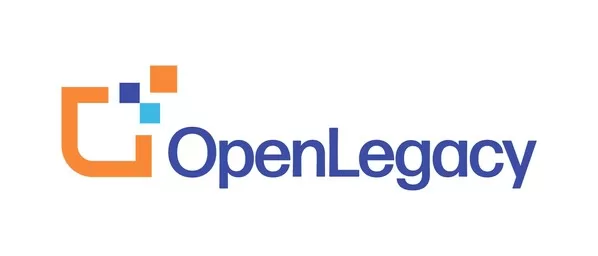TOKYO, Oct. 20, 2023 — KLab Inc., a leader in online mobile games, announced that its head-to-head football simulation game Captain Tsubasa: Dream Team will be holding the Final…
Appian Named a Leader in the 2023 Gartner® Magic Quadrant™ for Enterprise Low-Code Application Platforms
MCLEAN, Va., Oct. 19, 2023 — Appian (Nasdaq: APPN) today announced it has been named a Leader by Gartner in its 2023 Magic…
Huntkey Appeared at the Global Sources Consumer Electronics 2023, Highlighting the Theme of Safety and Efficiency
SHENZHEN, China, Oct. 19, 2023 — The Global Sources Consumer Electronics was held at the AsiaWorld-Expo in Hong Kong from October 11-14, 2023. Huntkey showed high-demand electronic products with cutting-edge…
Zepp Health Sponsors Cal Hacks 10.0, the World’s Largest Collegiate Hackathon, for the Second Consecutive Year
– Winners with the best apps will receive Zepp’s Amazfit smartwatches and cash award MILPITAS, Calif., Oct. 19, 2023 — Zepp Health Corporation, a global leader in smart wearables…
OpenLegacy Nominates Former Distinguished Gartner VP Analyst Massimo Pezzini to Advisory Board
The IT market researcher adds 45 years of experience to the OpenLegacy Advisory board to help the company shape its unique cloud-native…
New Veritas Research Reveals Nearly Half of Organizations Underestimate Their Level of Risk
Top risks include data security, economic uncertainty and emerging technologies such as AI SINGAPORE, Oct. 18, 2023 — Veritas Technologies, the leader…
Open Compute Project Tackles Data Center Hardware and Firmware Security
Launches New Community Led Security Program Improving IT Device Security Posture SAN JOSE, Calif., Oct. 18, 2023 — Today, the Open Compute…
OutSystems Spotlights its Vision for Generative AI and Customer Success at Singapore’s NextStep Exec
OutSystems’ first executive-only low-code conference in Singapore connects customers and IT leaders to discuss the future of application development SINGAPORE, Oct. 17,…
Deltek Celebrates the 16th Annual MVP Award Winners at Deltek ProjectCon 2023
ORLANDO, Fla., Oct. 17, 2023 — Deltek, the leading global provider of software and solutions for project-based businesses, today announced the winners of…
ATIF Formally Signs $2.4 million Advisory Agreement with Rawrr, Inc.
IRVINE, Calif., Oct. 16, 2023 — ATIF Holdings Limited (NASDAQ: ATIF, hereinafter referred to as the "Company" or "ATIF") announces that its subsidiary, ATIF Business Management LLC, has entered into…














